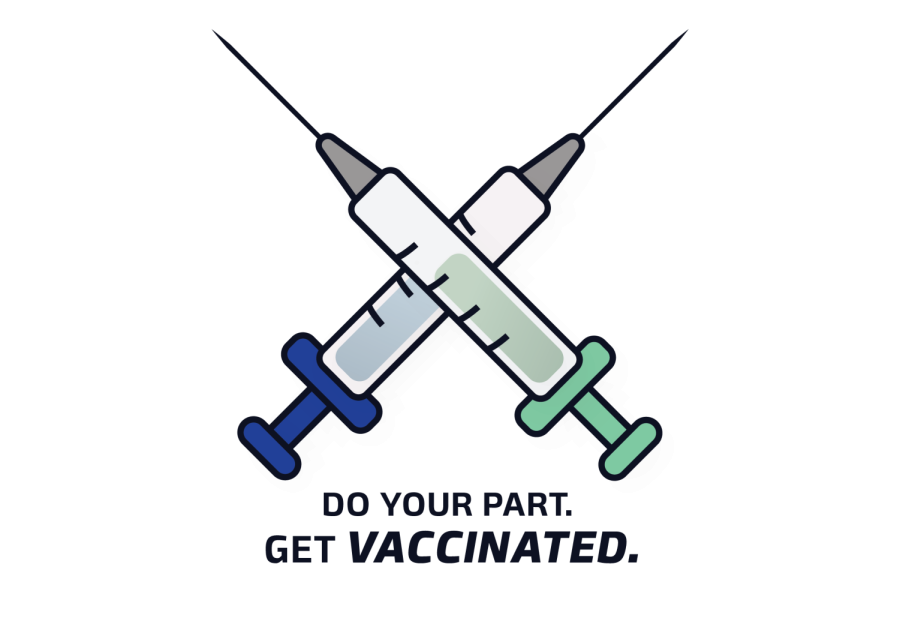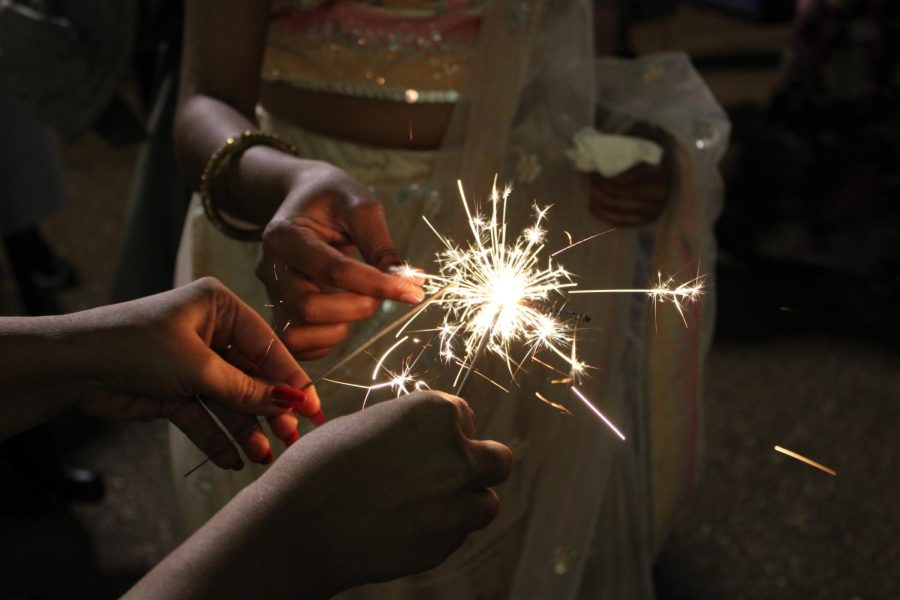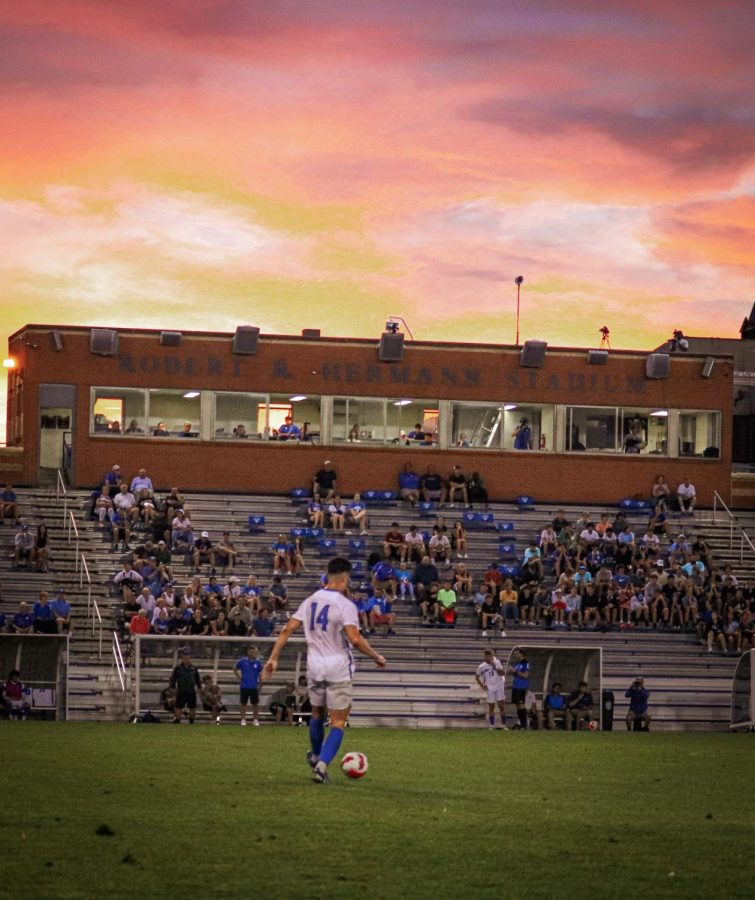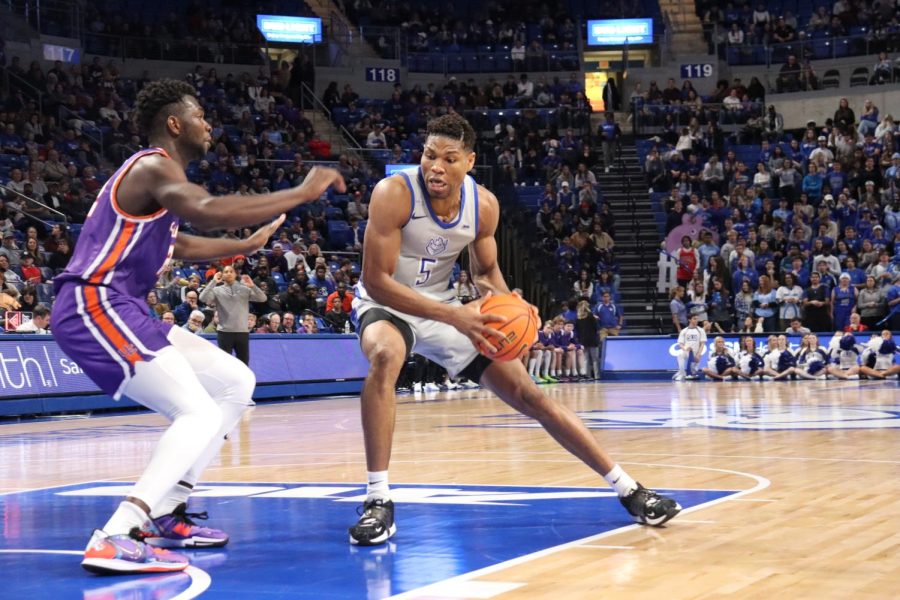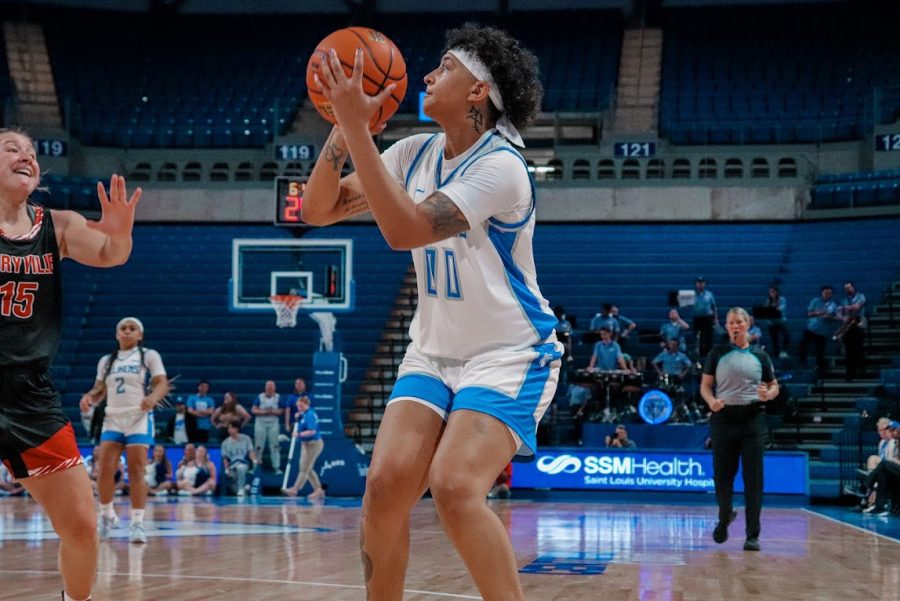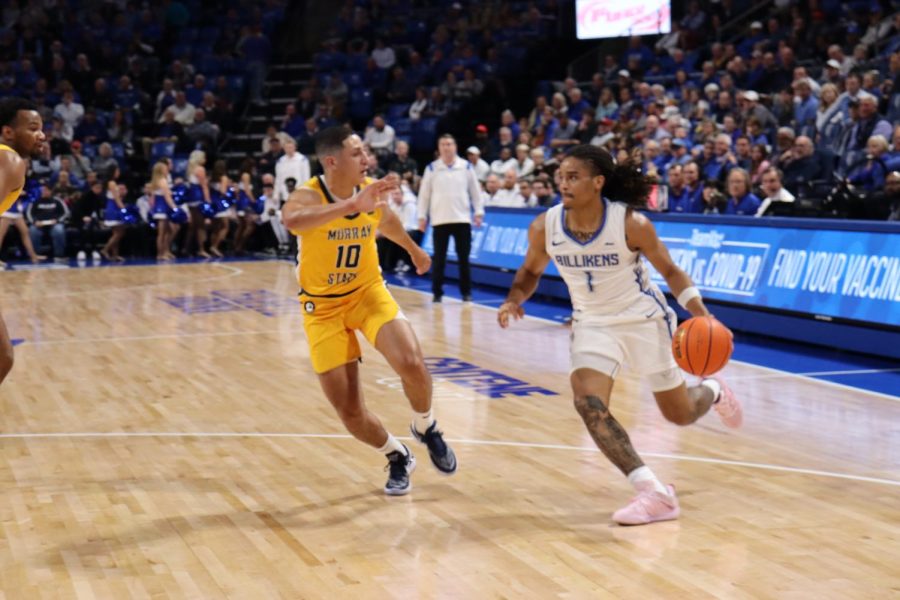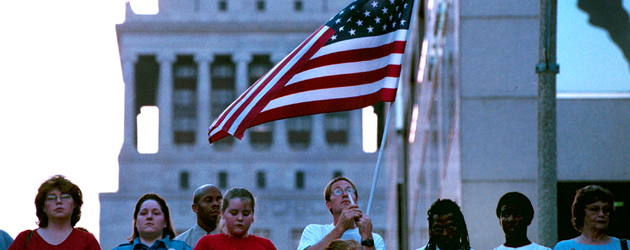
LOL, OMG, Harry Potter, Twitter, Facebook, YouTube and smart phones are just a few cultural symbols that shape the current college generation in 2011. Despite the influence of these commodities, this generation has been defined by something bigger – an event that history will never forget.
Sept. 11, 2001, the day that “we will never forget,” has labeled this as the “9/11 – generation,” as the imagery and events from that day still live within the young American consciousness.
Senior Luke Gatta was in sixth grade at the time and he remembers a “clear blue summer day” in Brooklyn, N.Y. that morning. While in theology class, he said he heard the second plane fly overhead, and his teacher Mrs. Davis told the class to pray – and pray hard.
“I remember looking outside and seeing people running in general directions, running up the block and down the block and in the street,” Gatta said. “I remember walking back from the bathroom and seeing the secretary erupt into tears, saying the ‘icons had fallen.’ This, for me, was dumbfounding because these things were powerful, they were prestigious, they were towering. I remember seeing them everyday and thinking, ‘if we can build these, we can do anything.’”
Ten years have passed since the four coordinated suicide attacks by al-Qaeda terrorists that collapsed the Twin Towers of the World Trade Center in New York City, and left damage to the Pentagon in Arlington Virginia. America had faced war, and even the tragic events of the attacks on Pearl Harbor in 1941, but Sept. 11 had left the nation in a different state, a state of vulnerability.
“To me it was the shock of our vulnerability,” John Kavanaugh, S.J., Saint Louis University professor of theology, said. “Even though we are the most powerful nation in the world, we are vulnerable, and that is a great truth that we learned on that day.”
That vulnerability hit the current college generation, and that experience at such a young age has left different effects on the “9/11-generation.”
Psychology professor Terri Weaver studies the psychological and physical sequelae of traumatic events and said that Sept. 11 was a traumatic event that affected young people in a different way during their elementary years.
“Certainly they are learning a lot by watching the adults around them and how adults around them reacted to it, but they might not have had all of the ability to understand it fully,” Weaver said. “I have heard this generation talk about a very clear memory of what happened to them that day and maybe that the generation is coming into a greater understanding of Sept. 11 as they grow with those memories.”
Weaver said that a single experience could have a large impact on memory. These are called “light bulb moments” in physiology.
For Gatta, he will never forget the state of his city. A few hours after the attacks, Gatta remembers seeing a car covered in ash on a street with the phrase, “this will not stop New York” written in the ash.
“I remember thinking the world had come to an end,” Gatta said. “The events of 9/11 gave me a consciousness of tragedy, living in a moment of chaos helps you have a deeper appreciation for it.”
The effects of this national event did not take long to impact SLU’s community, as multiple morning classes were disrupted from the tragic news. Kavanaugh was on his way to his 9:30 a.m. class when he heard news about the attacks.
“I prayed right when I was walking over to class. I found it hard to believe that this World Trade Center collapsed, these great symbols of power and money,” Kavanaugh said. “That day, I really had to focus on trusting God that some good could come out of this horror.”
Diana Umali, a 2002 SLU graduate, said she remembers that day on campus well, as she heard the news on the televisions in the Cook Hall Atrium on her way to class.
As editor-in-chief of The University News, Umali said she had to pay particular attention to the news events as the Wednesday newspaper production deadline loomed.
“I remember getting multiple calls that day from my news editor and staff. I knew we were going to run it on the front page, but we wanted to focus on what was most relevant to the SLU community,” Umali said. “A lot of people were distracted that day, and it was definitely a huge news event and the effects of it on campus were everywhere.”
Within days of the attacks, multiple programs and fundraising incentives were initiated by groups, such as Campus Ministry and Greek Life. Students passed out fliers and held meetings to discuss the tragic effects of terrorism.
Inspired students joined a procession behind a bright red fire truck that rolled down West Pine Mall, and American flags were anonymously placed in the Quad.
Masses held in St. Francis Xavier College Church on the day of and after the attacks were flooded with attendees as they spilled out of the church doors. Kavanaugh delivered a homily Friday, Sept. 14 in remembrance of those affected by the terrorist attacks.
“The SLU community had a strong sense of solidarity, grieving and sorrow, and I think that breached across all divides, as there was a lot of interfaith collaboration that week,” Kavanaugh said. “With my homily, I tried to focus on what brings us together and how this event would shape the students’ lives.”
Kavanaugh believes that Sept. 11 has a moral lesson for all people that breaks through all divides.
“If we accept our vulnerability as people, this can lead to a greater reliance on love and on God, and less thinking we can do this just on our own power,” Kavanaugh said.




